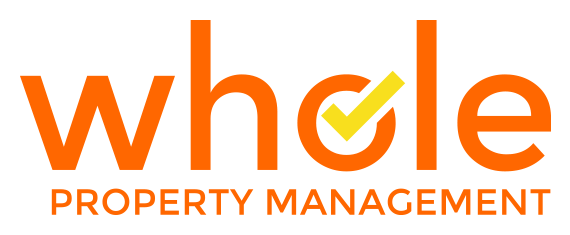Things Landlords Should Be Doing Every Year But Probably Aren’t
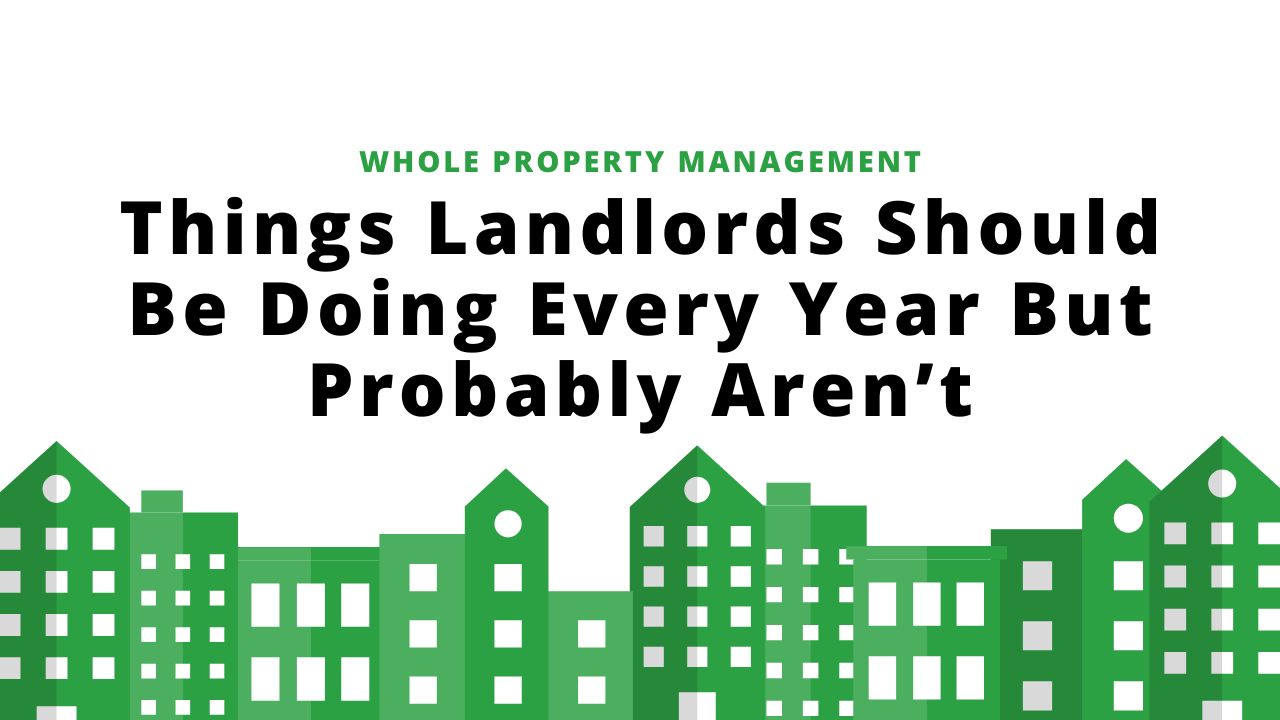
Owning a rental property comes with more than just collecting rent—it requires consistent upkeep, thoughtful management, and smart decision-making to keep everything running smoothly.
As a landlord, you’re responsible for maintaining the property, addressing tenant concerns, staying compliant with local laws, and protecting your investment. Ignoring these duties can lead to expensive repairs, legal trouble, or frustrated tenants who decide to leave.
The key to successful property management is being proactive. That means completing essential tasks throughout the year, like cleaning gutters before and after the rainy season, reviewing lease and rental agreements, checking for legal compliance, and reassessing your rental rates.
In this article, the experts at Whole Property Management highlight 8 important tasks every landlord should be doing annually—but probably aren’t.
1. Property Inspections
It’s a common practice to conduct move-in and move-out inspections, as they’re great for assessing the condition of the property before and after a tenancy. However, landlords should be inspecting their properties more often than that.
You should strive to inspect your property at least once every quarter or every six months. This way, you’ll be able to spot maintenance issues before they escalate.
Moreover, regular inspections are great for ensuring tenants are complying with the lease terms, such as keeping the property in good condition, not subletting the unit, and respecting noise regulations.
2. Seasonal Maintenance
Every landlord knows that upkeep is crucial for the success of a rental property. But did you know there are maintenance tasks that should be completed at specific times throughout the year?
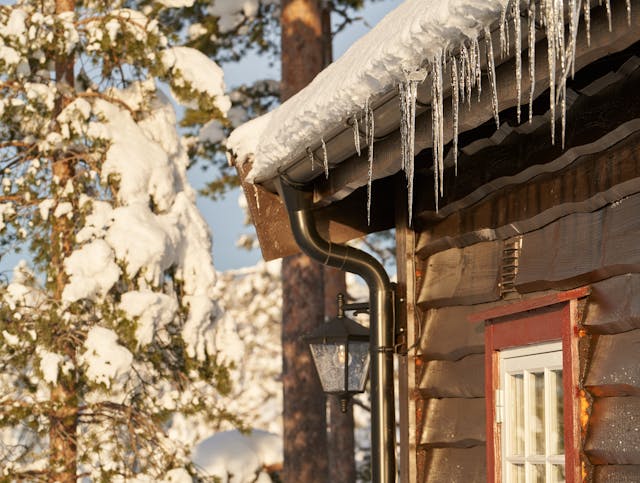
Here are some of the key maintenance tasks every landlord should complete during each season:
- Spring: Inspecting the roof for winter damage, cleaning gutters and downspouts, servicing HVAC systems, and checking for pest activity.
- Summer: Testing smoke and carbon monoxide detectors, inspecting plumbing for leaks, cleaning dryer vents, and checking exterior paint or siding for wear.
- Fall: Clearing leaves from gutters, inspecting the furnace and replacing filters, weatherproofing windows and doors, and trimming overgrown trees or bushes.
- Winter: Inspecting for ice dams or frozen pipes, ensuring walkways are clear of snow and ice, testing sump pumps, and checking insulation in attics or crawl spaces.
Performing these seasonal maintenance tasks protects your investment, ensures tenant safety, and helps prevent costly emergency repairs throughout the year.
3. Safety Checks
As a landlord, you’re legally required to provide a safe and clean living environment for tenants. Conducting annual safety checks is a vital part of fulfilling that obligation.
These inspections help identify and address potential hazards such as faulty wiring, gas leaks, mold, or broken smoke detectors, which could pose serious risks if left unchecked.
Regular safety checks also ensure that heating systems, carbon monoxide detectors, and emergency exits are functioning properly, which can prevent accidents and protect your tenants’ lives.
Beyond legal compliance, annual safety inspections show tenants that you care about their well-being, which can significantly improve tenant satisfaction and retention.
4. Preventive Pest Control
No landlord wants to deal with pests. Not only are they a major health hazard, but they can also cause serious property damage.
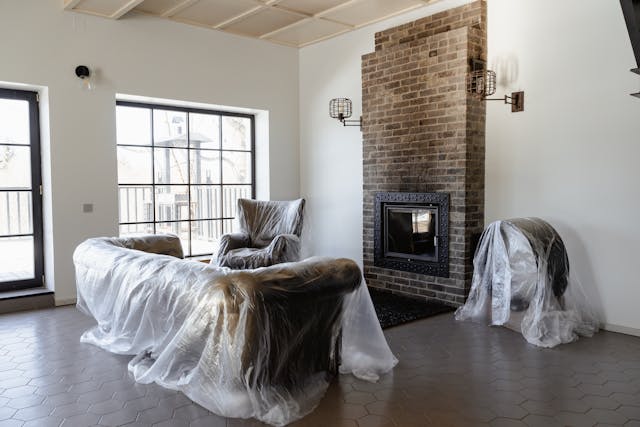
If you want to retain tenants for the long haul and protect your investment, you should schedule at least one pest control inspection every year. Investing in preventive pest control services can go a long way.
5. Property Upgrades and Renovations
Renovations and upgrades are a great investment for your rental property. After all, newly renovated properties tend to command higher rates and attract more tenants.
If you want your property to keep up with market trends, you should set up a budget for upgrades and schedule yearly renovations. Even simple things such as installing new flooring, painting the walls, or refreshing the curb appeal can make your property much more attractive to tenants.
6. Legal Compliance Assessment
A key aspect of being a landlord is complying with both local and federal laws. This includes landlord-tenant laws, security deposit regulations, rent control laws, and the Fair Housing Act.
Rental laws change regularly, making it difficult to stay up-to-date with new regulations. You should conduct an annual review to ensure your property is fully compliant. So, set some time to sit down and ensure your lease, marketing materials, and any other important documents are legally compliant.
7. Financial Review
Your rental property is a long-term investment. Conducting an annual financial review is essential to ensuring it remains profitable and sustainable.
This review allows you to evaluate income and expenses, identify areas to reduce costs, and assess whether rent adjustments are needed to keep pace with current market rates. It also helps you plan for upcoming maintenance, vacancy rates, or home improvements.
8. Property Insurance Review
Landlord’s insurance is a must when you own a rental property. After all, you never know when an emergency may arise.
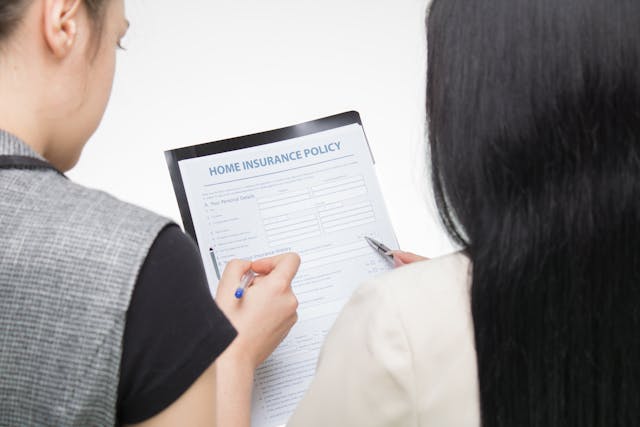
Property insurance is great for covering unexpected expenses, such as tenant-caused damages, loss of rental income, or damages caused by natural disasters.
However, insurance premiums can be incredibly costly. That’s why you should review your contract once a year. If the premium is too high, consider shopping around to find a better alternative.
Bottom Line
Staying on top of annual responsibilities is key to protecting your rental property, keeping tenants happy, and ensuring long-term profitability.
From safety checks and seasonal maintenance to financial reviews, these often-overlooked tasks can prevent costly problems down the line. As a landlord, being proactive rather than reactive sets you apart and helps you run your rental like a successful business.
By making these key tasks a part of your annual routine, it’ll be easier to stay compliant, efficient, and profitable. Contact Whole Property Management and let us help make the most off your investment!
